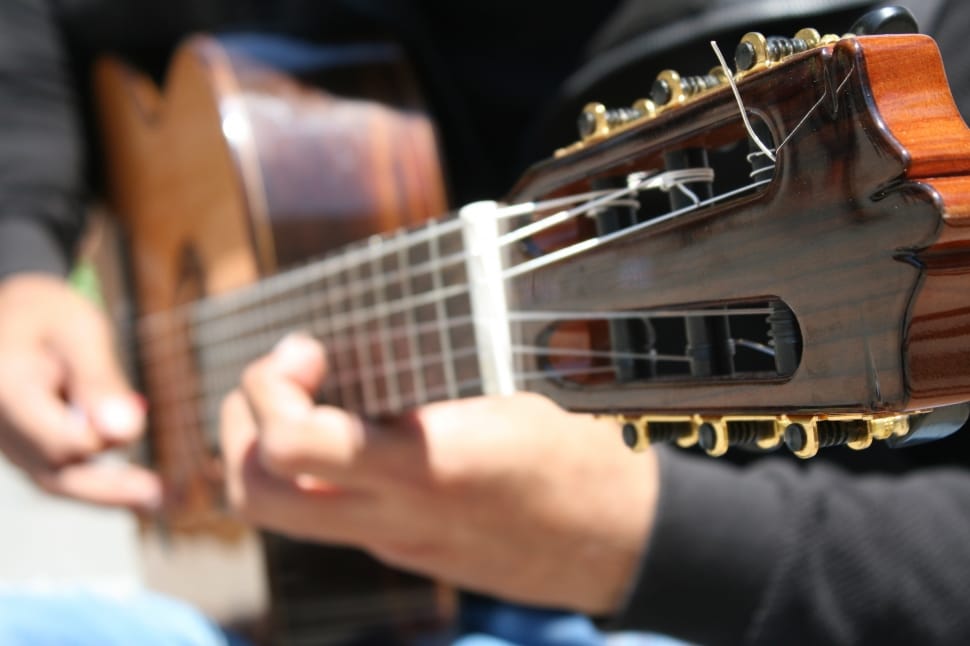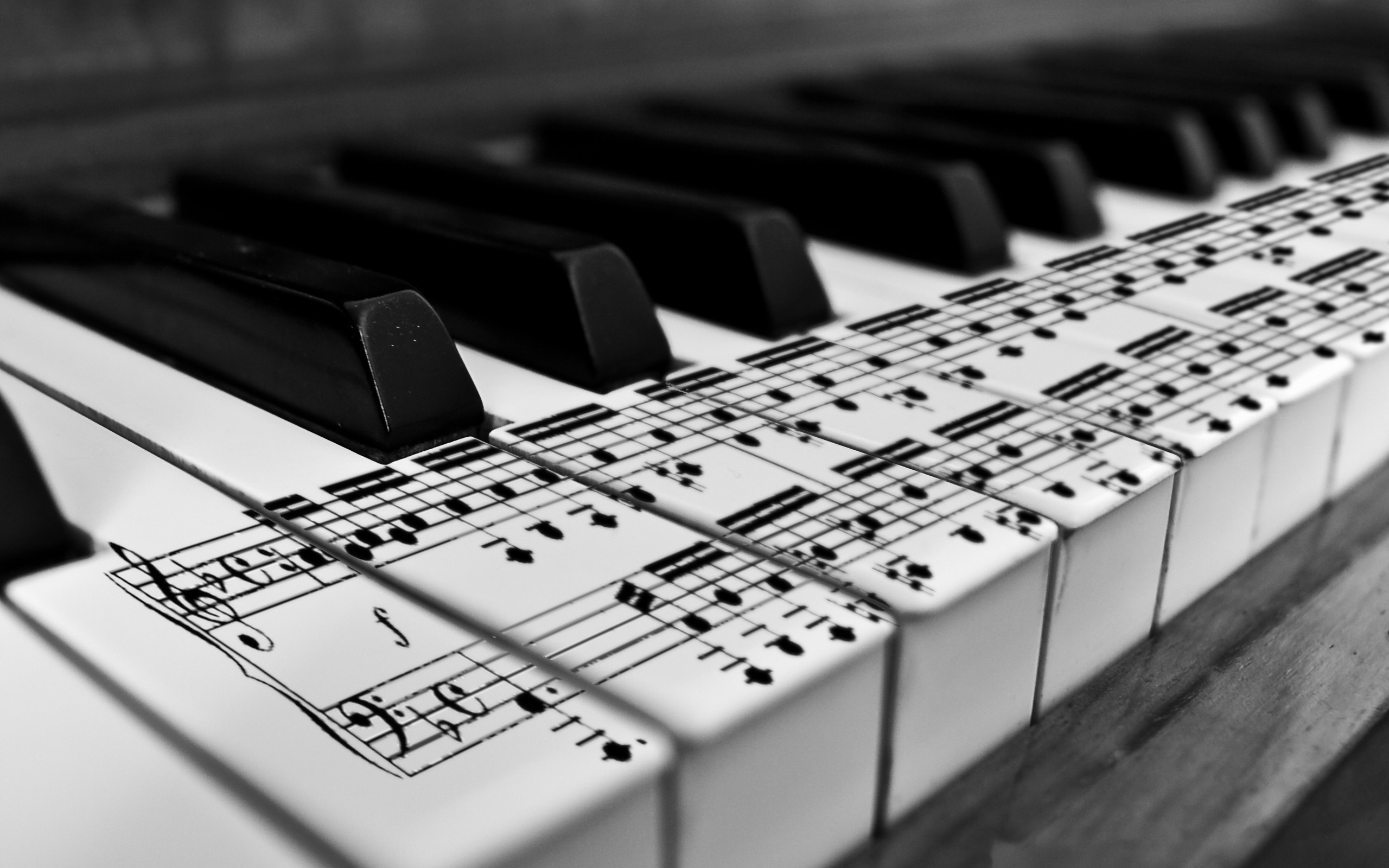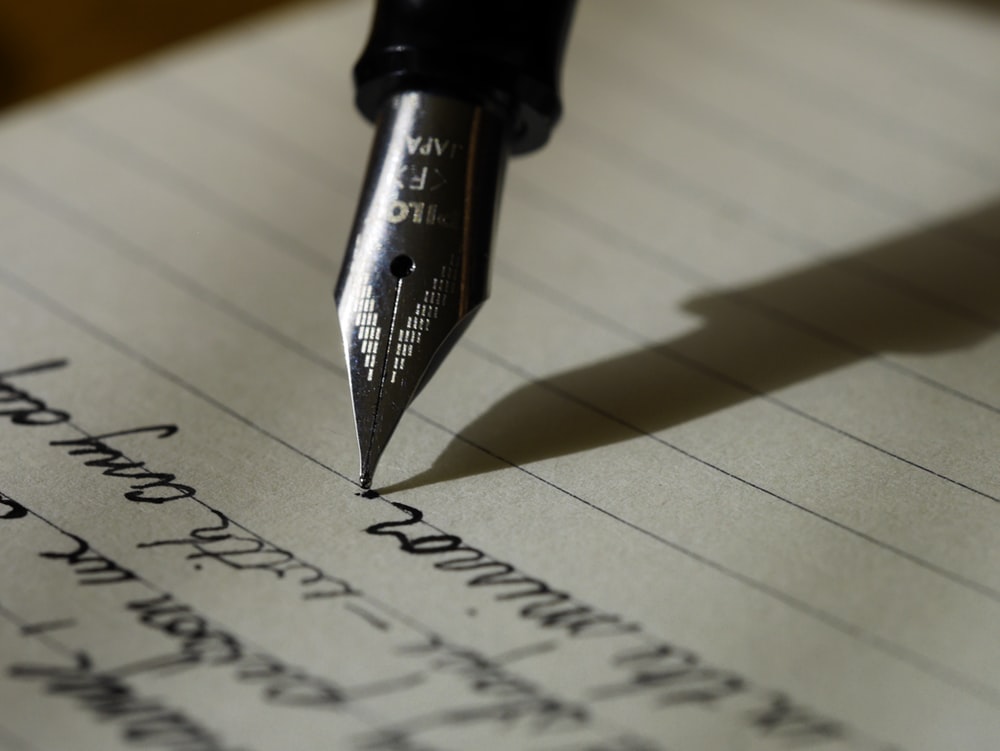Negative Psychological Factors
Welcome everyone! In my last post I talked about the “Mental Game” of practice, positive mental strategies to develop efficient practice habits. If you didn’t read it, I encourage you to go back and look at it because not only is it important for all musicians, but it also ties into this post quite a bit. Today I’m talking about the negative psychological factors of which we are all probably guilty....
Read More



